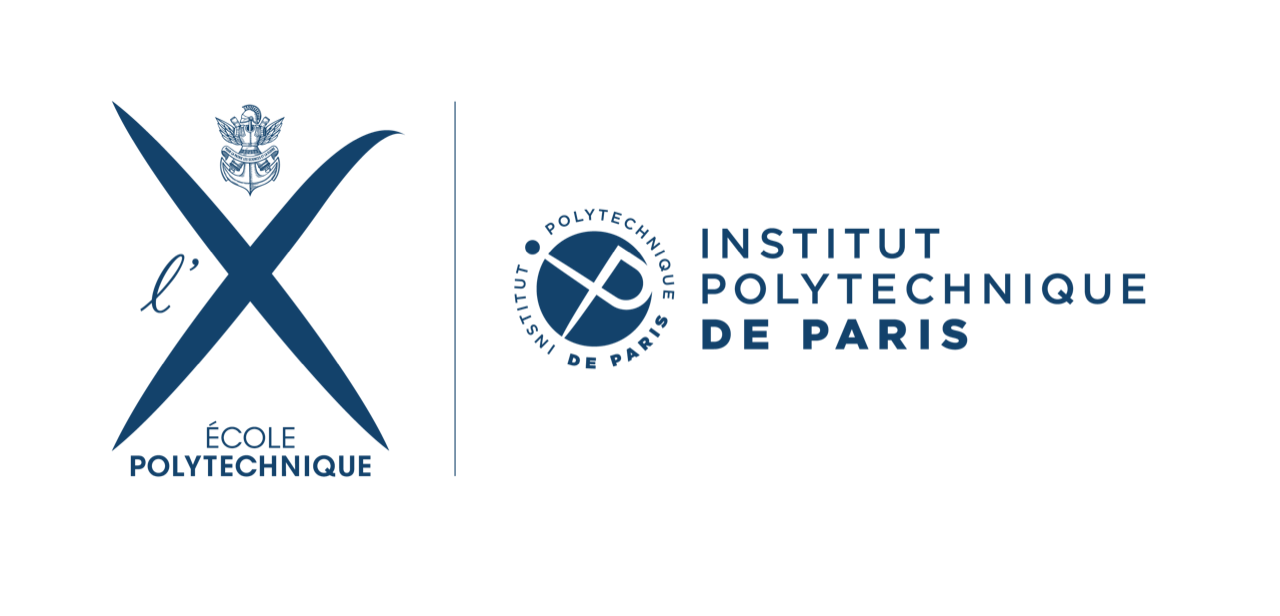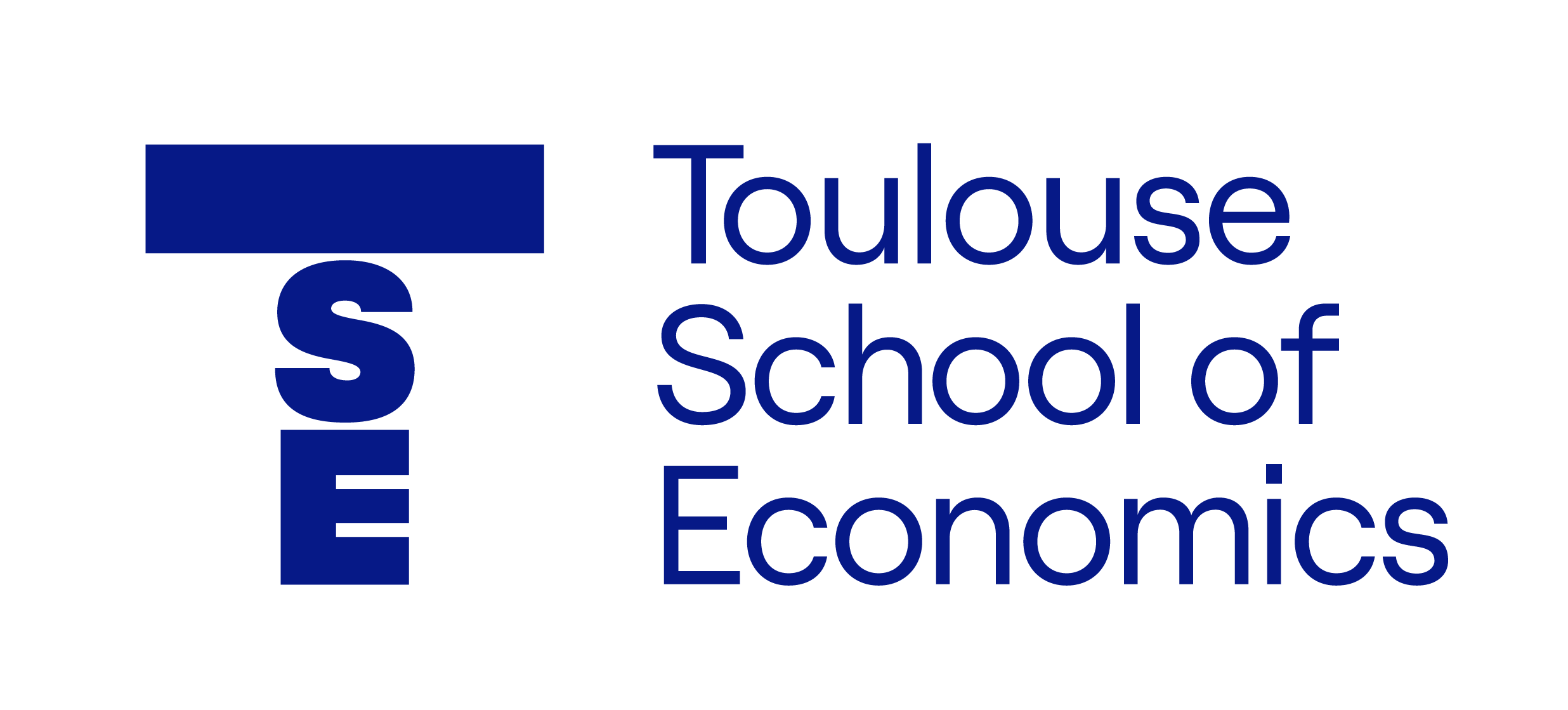Scientific Projects
For the period 2025-2026, five high priority research projects have been selected by the Scientific Orientation Committee on May 28, 2025 during the General assembly.
Pour la période 2025-2028, cinq projets de recherche ont été sélectionnés par le Comité d'orientation scientifique le 28 mai 2025 lors de l'assemblée générale.
Two projects on the topic: Biodiversity conservation
Project 1: Objective and subjective measures of biodiversity (N. Treich)
We aim to continue our research on biodiversity and outline below a few potential projects. One project involves examining global trends in farmed and wild animal populations to assess the overall welfare impacts of human activities on Earth. This research will draw on precise abundance estimates from biodiversity studies, as well as emerging welfare assessments and cross-species comparability indicators.
Another key focus is biodiversity measurement. Quantifying biodiversity loss remains a major challenge, as reflected in the wide range of existing metrics, such as population abundance, threatened species counts, biomass (e.g., vegetation coverage), and biotic integrity indices. We propose to develop a conceptual framework that clarifies the complementarity and possible inconsistencies of these measures, considering specific environmental, behavioral, and political contexts.
Finally, we see great potential in exploring behavioral economics, a field still largely underdeveloped in biodiversity economics. Understanding how people perceive biodiversity, how these perceptions diverge from expert assessments, and how public policies should account for these differences is crucial to designing more effective conservation strategies.
Project 2: How can socially responsible investors support firms’ biodiversity conservation strategies? (A. Attar, C. Casamatta, A. Chassagnon and JP Décamps)
Protecting biodiversity has become a major issue, both for the sustainability of our economies1 and for the survival of natural species.2 The UN Environment Program estimates that current investments of $154 billion per year must triple by 2030 if we are to meet the targets for limiting temperature rises, biodiversity loss and land desertification set out in the Rio conventions.3 How can the financial industry, which currently accounts for less than 20% of investments, help finance these needs?
In recent years, research in financial economics has explored channels through which responsible investment can ease responsible firms’ access to capital markets by reducing the ones (Green and Roth, 2025, Pedersen, Fitzgibbons, and Pomorski, 2021) or increasing investment capacity for more responsible firms (Oehmke and Opp, 2025). These works, however, frame their analysis in the context of the fight against climate change, whose assumptions are not always adapted to the protection of biodiversity: While it is possible to measure “climate” performance in terms of CO2 emissions, biodiversity protection is more difficult to observe.
The objective of this project is to explore how socially responsible investors can promote investments in biodiversity protection, or other desired social outcomes, when responsible strategies are difficult to assess. We will develop a theoretical model of competition among investors with different preferences for social outcomes and we will analyze the following questions:
- How do socially responsible investors’ investment decisions, and the resulting cost of capital, change when responsible strategies are hard to identify?
- How does the need to incentivize firms to be responsible interact with the need to incentivize managers to increase profitability?
Two projects on the topic: ESG impacts of climate change
Project 3: The cost of climate change for workers and firms and adaptation pathways (M. Leroutier)
A growing literature examines the potential costs associated with climate change by looking at the impact of past weather events. For workers exposed to extreme temperatures on the workplace, the welfare cost in terms of physical health damages could be compounded by long-term negative effects associated with the firms' productivity losses on hot days. The existing literature focuses on the short-term costs on workers using county-level data from contexts with an already hot climate (Texas, India). In this project, I propose to estimate the long-term costs of exposure to extreme heat on the workplace for workers and firms in a setting with temperate climate, France, as well as possible adaptation pathways. The project will combine insights from theory with empirical evidence from French administrative data on workers' sick leave, work accidents, and firm's economic performance.
Project 4: ESG regulations in turbulent times (P. Crifo)
In 2025, the integration of environmental, social, and governance (ESG) criteria by companies and investors continues to evolve, facing regulatory and political challenges both in Europe and the United States. Several U.S. states, such as Florida, have indeed enacted legislation aimed at restricting the use of ESG criteria in investment decisions. For instance, a law in Florida prohibits state officials from investing public funds based on ESG considerations, mandating a sole focus on financial returns. Across the Atlantic as well, while Europe has traditionally led the way in promoting ESG, several factors have contributed to a recent pushback particularly regarding the CSRD directive and the Omnibus project. While ESG principles remain embedded in many EU policies and corporate strategies, the European backlash reflects growing tension between sustainability goals and competing priorities like economic resilience, energy needs, and regulatory practicality. The backlash is more nuanced than in the U.S., but it signals a shift toward more cautious, pragmatic, and politically contested ESG implementation. This research project seeks to examine, from a historical perspective, the evolving tension surrounding the integration of ESG criteria, focusing on the shift in perception from a compliance-driven obligation to a strategic opportunity of value creation. By examining developments in both the United States and Europe, the project will trace how ESG frameworks have been shaped, challenged, and politicized over time. It will explore key moments—such as the post-2008 financial crisis, the rise of climate finance, the COVID-19 pandemic, and the energy crisis following the war in Ukraine—that have influenced the balance between sustainability goals and other economic or strategic imperatives. The comparative approach will highlight the differing regulatory landscapes, political narratives, and stakeholder responses on both sides of the Atlantic, offering insights into how historical context informs contemporary debates over the role and limits of ESG in public and corporate decision-making.
One project on the topic: Social preferences
Project 5: How to value the societal benefit of reducing income inequalities and CO2 emissions ? (C. Gollier, K. Van Der Straeten and J. Zheng)
In the ESG framework as in the evaluation of public policies, in particular related to climate change, it is necessary to determine how much Society be ready to sacrifice to reduce (intergenerational) inequalities. This “aversion to inequalities” remains a controversial issue among economists and philosophers. In the standard “Okun's leaky bucket experiment” (Okun, 1975) to measure the intensity of inequality aversion, respondents are requested to tell how much income one should be ready to sacrifice from the wealthy to give to the poor. In this experiment, respondents are requested to abandon some collective wealth to reduce inequalities. It typically generates a relatively low inequality aversion, so a low value for ESG policies aimed at reducing inequalities.
Many policies tend to do the opposite of the Okun’s experiment: They generate more prosperity at the cost of increasing inequalities. For example, in a growing economy, investing for the distant future means sacrificing income from the current generation, which is poor, to generate a benefit for future generations, which are assumed to be wealthier. This transfer from the poor to the rich to generate a societal benefit (the return of the investment) is taboo. So, we hypothesize that the degree of inequality aversion will be larger when estimated from a “productive pipeline experiment” where respondents are requested to elicit the maximum sacrifice from the poor to increase the income of a wealthier person. This hypothesis violates the standard utilitarian model used by economists over the last two centuries.
In a pre-test from a sample of around 100 French economists, this hypothesis is confirmed. We want to perform the same double experiment in a representative sample of 3000 people in France. This survey will allow us to calibrate a social welfare function that better represents our collective preferences towards inequalities and long-term discounting.




